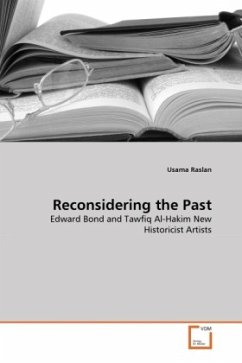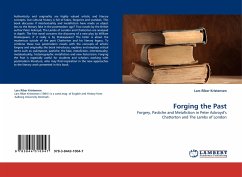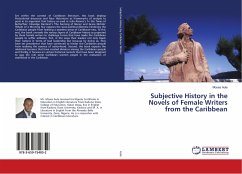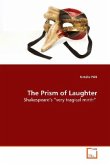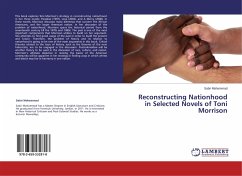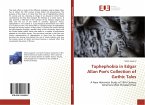Although each student of a foreign language is a student of comparative literature, very little research has been done in the field. Comparative literature helps us find a cultural middle ground in terms of which we can resolve the cultural differences between the east and west. This book, therefore, offers a new historicist reading of some selected plays by British playwright Edward Bond and Egyptian writer Tawfiq al-Hakim. Both writers return to history to mould a new dramatic vision that helps them both encapsulate the political history of the present in the light of the theory of signs. Bond, to use Bloom's terms, is a strong misreader, while al-Hakim is a weak misreader. Bond's "Early Morning" and "Lear", and al-Hakim's "The People of the Cave" and "The Sultan's Dilemma" are deeply analyzed to prove that both writers are practitioners in a school established by Nietzsche, Foucault, Derrida and Greenblatt. The analysis contends that this book should be extremely valuable, especially for professionals in literary criticism, comparative literature, theory of drama, and anyone else who seeks to improve his or her English.
Bitte wählen Sie Ihr Anliegen aus.
Rechnungen
Retourenschein anfordern
Bestellstatus
Storno

